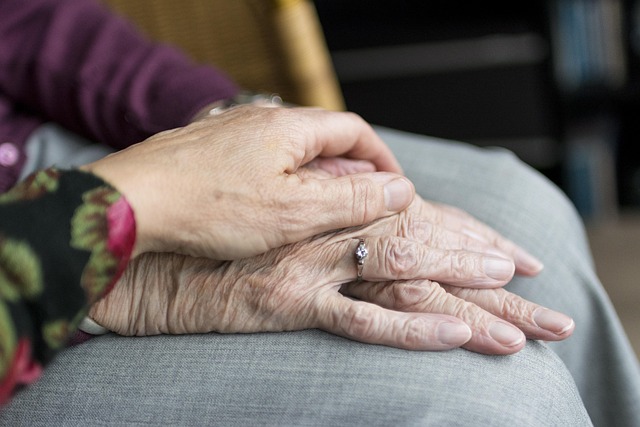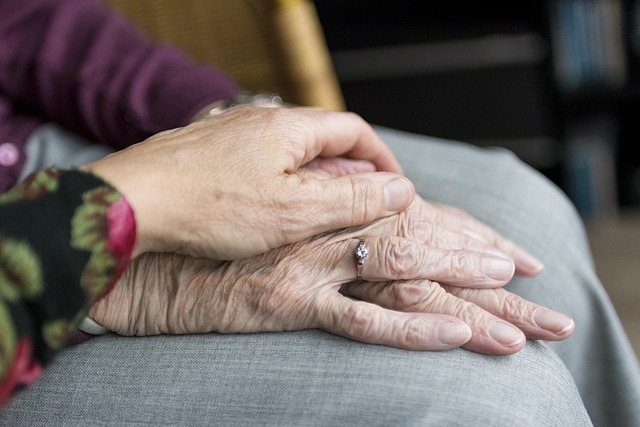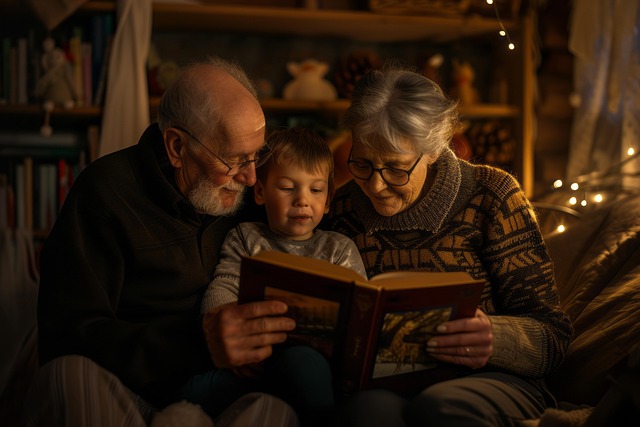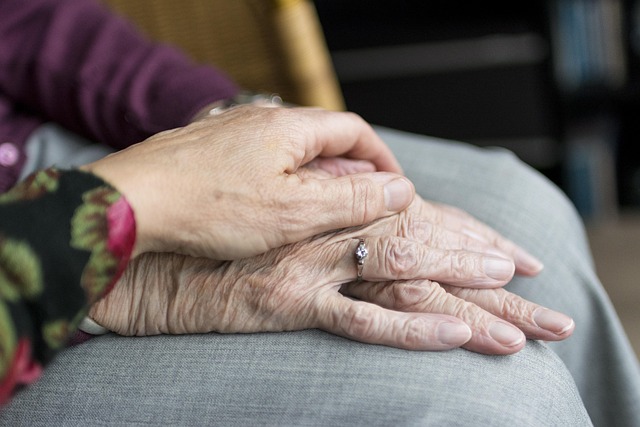Grandparents seeking visitation or custody in Oregon follow a court process involving petitioning, evidence gathering, hearings, and legal arguments based on child's best interests, grandparent-child relationship, and abuse/neglect history. Understanding state laws and navigating complex procedures is crucial with help from family law attorneys.
In Oregon, grandparent rights are a crucial aspect of family law, allowing extended family members to seek visitation and custody. Understanding the state’s court process is essential for grandparents aiming to protect their relationships with their grandchildren. This comprehensive guide navigates the Oregon court process, focusing on grandparent rights—from initiating a case to post-judgment outcomes. By following a step-by-step approach, grandparents can be better prepared to advocate for their role in their grandchild’s life.
- Understanding Oregon Court Process for Grandparents
- Grandparent Rights: Legal Framework in Oregon
- Initiating a Case: Step-by-Step Guide
- Evidence and Arguments: What to Expect
- Court Decisions: Varied Outcomes Explained
- Post-Judgment: Rights and Resources for Grandparents
Understanding Oregon Court Process for Grandparents

Understanding the Oregon court process for grandparents is crucial when seeking visitation or custody rights. The first step involves filing a petition with the appropriate court, which may be a juvenile or family court depending on the circumstances. Once filed, both parties—grandparents and parents—receive legal notices and have an opportunity to respond.
The court then conducts hearings where evidence is presented and legal arguments are made. In Oregon, grandparents have rights under certain conditions, such as when the parent with primary custody is unable or unwilling to care for the child. The judge considers factors like the best interests of the child, the quality of the relationship between the grandparent and the child, and any history of abuse or neglect.
Grandparent Rights: Legal Framework in Oregon

In Oregon, grandparent rights are primarily governed by state law and the Oregon Court Process. While biological parents have the first right to make decisions regarding their children, grandparents can seek legal recognition and involvement in their grandchild’s life under certain circumstances. The legal framework for grandparent rights is designed to balance family interests while ensuring the best interests of the child are always paramount.
Key aspects of this framework include court-ordered visitation, legal guardianship, and in some cases, joint custody. Grandparents can petition the court to establish or modify these arrangements, providing they can demonstrate a significant relationship with the grandchild and that such involvement is in the child’s best interest. The Oregon court process involves filing a petition, gathering relevant evidence, and presenting their case before a judge who will make decisions based on state laws and the unique circumstances of each situation.
Initiating a Case: Step-by-Step Guide

Starting a legal process to establish or protect grandparent rights in Oregon involves several steps. First, it’s crucial to gather essential documentation, such as proof of parental relationship and any existing court orders related to custody or visitation. Once prepared, individuals seeking grandparent rights should file a petition with the appropriate Oregon court, typically beginning in the county where the minor child resides.
The next step involves serving legal notice to the child’s parents, granting them an opportunity to respond. Throughout this process, understanding the Oregon court process is key; it may be beneficial to consult with a family law attorney experienced in grandparent rights cases. Effective communication and clear documentation are essential to navigate the system successfully.
Evidence and Arguments: What to Expect

In an Oregon court process regarding grandparent rights, both parties should expect a thorough examination of evidence and arguments. Grandparents seeking visitation or custody will need to present compelling evidence demonstrating their ability to provide a stable and loving environment for the child. This may include medical records, educational documents, and affidavits from character witnesses who can attest to the grandparent’s suitability. They must also be prepared to address any potential concerns raised by the parents or other guardians.
The court will carefully consider all presented arguments, scrutinizing the quality of evidence and the credibility of witnesses. It’s crucial for grandparents to understand that the focus is on the best interest of the child. Legal professionals involved in the Oregon court process for grandparent rights should anticipate a detailed analysis of factors like the child’s emotional needs, existing relationships within the family, and any history of conflict or neglect. Being well-prepared with robust evidence and legal arguments is essential to navigating the Oregon court process successfully as a grandparent.
Court Decisions: Varied Outcomes Explained

In Oregon, court decisions regarding grandparent rights can vary greatly depending on the specific circumstances of each case. The state’s laws provide a framework for grandparents to seek visitation or custody, but the outcome is determined by the judge based on the best interests of the child. This means that every situation is unique, and there’s no guaranteed outcome.
When making decisions, Oregon courts consider several factors, including the quality of the relationship between the grandparents and the child, the stability of the current living environment, and any history of neglect or abuse. If a grandparent’s visitation rights are denied or restricted, it’s not necessarily a reflection of their abilities as parents but rather a protective measure to ensure the child’s well-being. Conversely, favorable decisions acknowledge the significant role grandparents can play in a child’s life, providing love, support, and unique perspectives.
Post-Judgment: Rights and Resources for Grandparents

After a judgment is made in a custody case, grandparent rights and visitation can be a complex aspect of the Oregon court process. Grandparents who were not granted physical or legal custody during the initial ruling may still have avenues to pursue. Post-judgment, they can file a motion with the court to modify the existing parenting plan, requesting increased visitation or shared custody. It’s crucial for grandparents to understand their rights and resources during this phase. They can consult an attorney specializing in family law to navigate the legal process and advocate for their desired outcome.
Various factors are considered when evaluating post-judgment requests, including the child’s best interests, stability, and relationship with the grandparent. The court may also look at changes in circumstances, such as improved relationships or relocation of a primary caregiver. Understanding these considerations is essential for grandparents aiming to strengthen their bond with their grandchildren through the Oregon court process.














